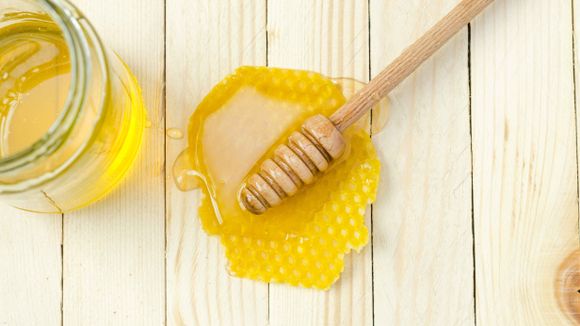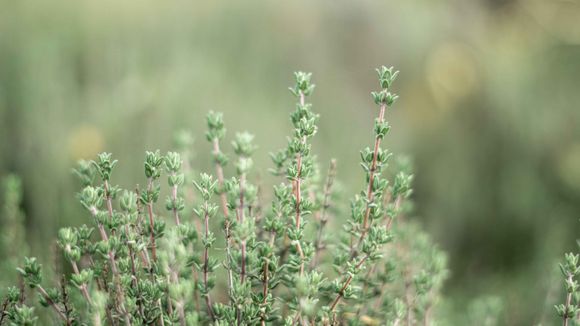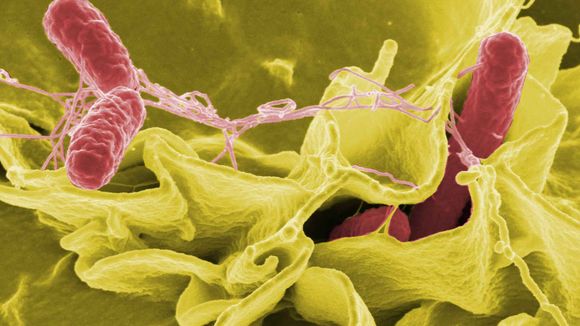Natural Remedies: Garlic, Echinacea, and More
Garlic, also known as Allium sativum, has been utilized for millennia for its beneficial culinary and medicinal attributes. A sulfur-containing compound in garlic, allicin, has shown effectiveness against an array of microorganisms, including Salmonella.
Echinacea, scientifically termed Echinacea purpurea, is a native North American flowering plant. Its immune-enhancing properties are due to a combination of alkamides, caffeic acid derivatives, polysaccharides, and glycoproteins, which together contribute to its bacteriostatic effect.
Moreover, herbs such as thyme (Thymus vulgaris) and oregano (Origanum vulgare) show promising results. Thyme owes its antimicrobial properties to thymol, a potent essential oil, whereas carvacrol in oregano is recognized for its antibacterial qualities.

Photo by Alexander Mils on Unsplash
Botanical Insights
The garlic plant, part of the Allium genus, is a close relative to onions, shallots, and leeks. This herbaceous perennial is recognized for its bulb made up of several cloves.
Echinacea purpurea, popularly known as the purple coneflower, belongs to the Asteraceae family. It stands out with its sizable, purple, daisy-like flowers.
Thyme, part of the Lamiaceae or mint family, is an evergreen herb with culinary, medicinal, and decorative uses. Its small, aromatic leaves are used in various recipes and herbal remedies.
Oregano is also a perennial herb and part of the Lamiaceae family. It is recognized for its aromatic leaves, used fresh or dried in numerous global cuisines.
Homemade Remedies: Recipes for Enhancing Immunity and Combating Bacteria
Garlic Infused Honey
- Blend 10 peeled and crushed garlic cloves into 200 ml of raw honey.
- Store this mixture in a jar and consume a teaspoon daily, preferably
before breakfast.
Echinacea Tea
- Steep 1 tablespoon of dried Echinacea purpurea root in 1 cup of boiling water for 15 minutes.
- Strain and enjoy 1-3 cups daily during flu seasons or when you feel a bacterial infection coming on.
Thyme and Oregano Oil Capsules
- Acquire thyme and oregano essential oils and vegetable capsules.
- Fill each capsule with 1-2 drops of each oil and take one capsule daily.
Remember to discuss with your healthcare provider before initiating any new supplement routine, especially if you're on medication or have existing health conditions.

Photo by Anja Junghans on Unsplash
Anticancer Properties of Garlic and Echinacea
Garlic has been researched for its possible anticancer benefits. The sulfur-containing compound allicin, along with other organosulfur compounds in garlic, have been linked to cancer prevention and reduction. Echinacea also demonstrates potential in enhancing the immune response against cancer.
Questions and Answers
Q: Can these herbs replace antibiotics for Salmonella infections treatment?
A: Although these herbs demonstrate antimicrobial properties, they should not substitute antibiotics in severe Salmonella infections. Always consult with a healthcare provider for appropriate treatment.
Q: Can I use any honey type for the Garlic Infused Honey recipe?
A: It is preferable to use raw honey, as it retains more of its antimicrobial and healing properties than processed honey.
Q: Can these herbs be used during pregnancy or breastfeeding?
A: Although these herbs are generally safe, it is always best to discuss with a healthcare provider before using them during pregnancy or breastfeeding.
Q: Can these herbs interact with other medications?
A: Indeed, these herbs, like any other substance, can potentially interact with medications. Always consult with a healthcare provider before beginning a new supplement regimen.
Q: Can these herbs prevent Salmonella infections?
A: While these herbs possess antimicrobial properties, they should not be solely relied upon for prevention. Proper food handling and hygiene are the most effective preventive strategies.
References
- Garlic: a review of potential therapeutic effects
- Echinacea plants as antioxidant and antibacterial agents
- Antimicrobial properties of plant essential oils and essences against five important food-borne pathogens
- The Battle against Microbial Pathogens: Basic Science, Technological Advances and Educational Programs
- Garlic and cancer: a critical review of the epidemiologic literature
- Echinacea and its alkylamides: effects on the influenza A-induced secretion of cytokines, chemokines, and PGE₂ from RAW 264.7 macrophage-like cells









